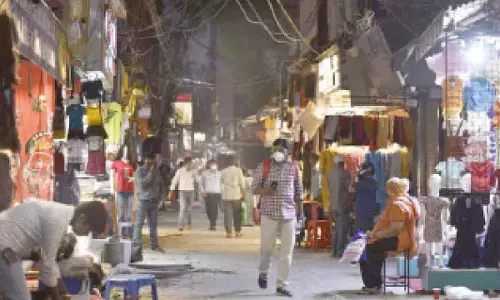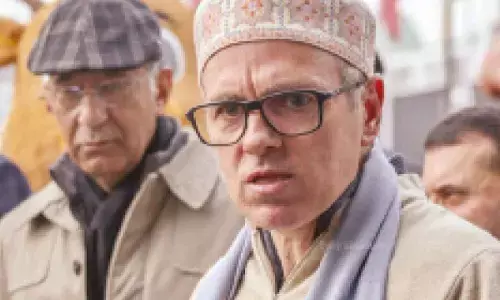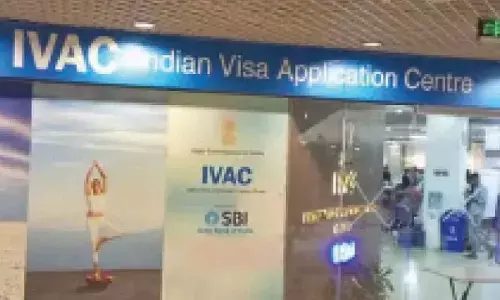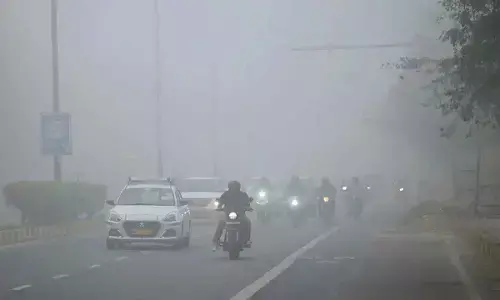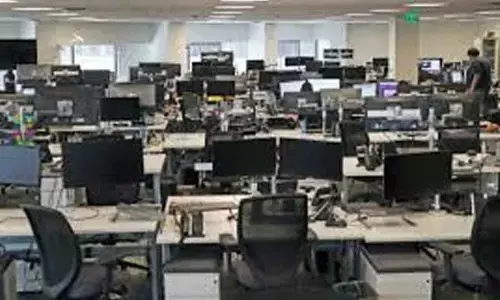Dissent Is Elan Vital Of Democracy
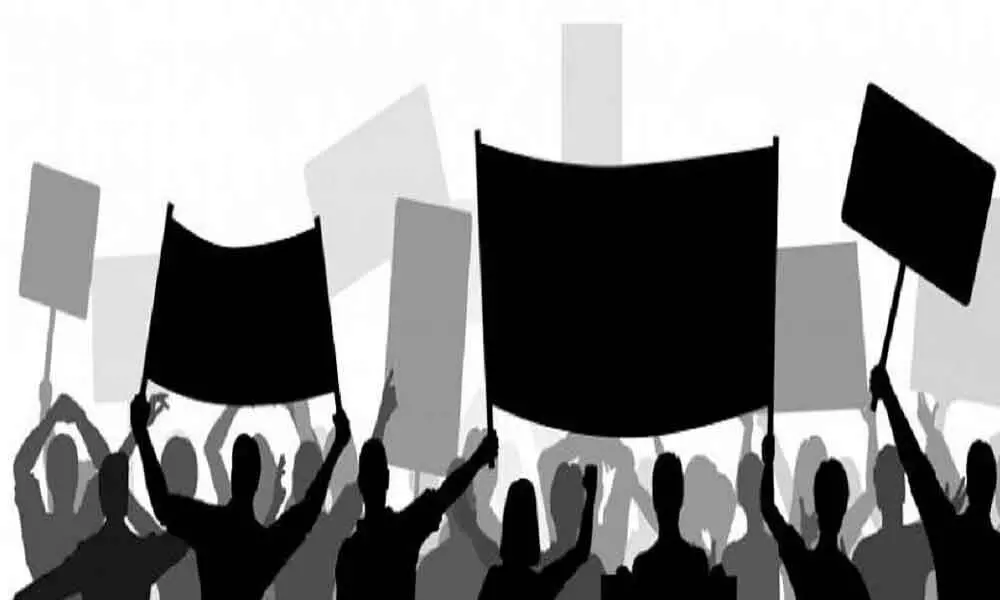
Representational Image
A protest is an individual or an aggregate’s voice to express dissent or opposition against government inaction or encroachment of rights. It is an act of expressing freedom or the lack of it through art, speech and culture.
A protest is an individual or an aggregate's voice to express dissent or opposition against government inaction or encroachment of rights. It is an act of expressing freedom or the lack of it through art, speech and culture. The motive for a protest can vary from criticising a group/party/government or a poorly designed policy. Protests also represent the voice of the socially excluded or discriminated, affirming one's sense of identity.
One can exercise their right to protest if the same is recognised by the law and coupled with the legal, moral and ethical justification to participate. Just to put in perspective, the right to protest as a civil-political right is not only a right in itself, instead a gateway to claim and vocalise the demands for other civil and political rights. Across the globe, several constitutions have explicitly or implicitly recognised the right to protest as one of the fundamental rights.
Yet, governments have this habit of barring protests, even the most basic and democratic ones. This applies to all. Pierre Trudeau, the Prime Minister of Canada, does not like protests when they happen in his country. Despite India's warning to him over his earlier remarks on farmers' protests, the PM has once again commented that he "will always stand up for the right of peaceful protests." Why doesn't he stand up for the rights of truckers in his country now? Everyone loves a good protest. Only, it should be on others' doorstep. Not in one's own backyard.
Coming to Telugu States, too, it is the same story. We have seen in the past a pretty long general strike called for by the TSRTC employees unions. We have also seen the outcome. The government was just adamant and had not budged. It deftly finished off the strike using all disposable methods of threat at its disposal. Yet, when the farmers protested in Delhi, it made merry criticising the Centre and supporting the farmers' cause. The protests of employees including teachers etc., in AP are also being met with the same fate. Why cannot the government allow the employees to demonstrate? Are they going to vandalise government and private property? Would they resort to violence? Certainly, not. Yet, we see the police resorting to some harsh methods. What would the government lose if they assemble on the streets?
While addressing the thirty-sixth session of the Indian National Congress at Ahmedabad, Mahatma Gandhi advocated a case for nationwide civil disobedience and asserted: "…civil disobedience is the only civilised and effective substitute [for an armed rebellion]." The right to protest, to publicly question and force the government to answer, is a fundamental political right of the people that flows directly from a democratic reading of Article 19. If so, one is left speechless at the way in which the current governments sidestep issues, duck questions, and wilfully obstruct any attempt to discuss. It has become a habit with them to take decisions secretively, foist them on unprepared people and then, when challenged, to campaign in order to retrospectively justify their opaque, midnight decisions. Why cannot governments demonstrate their legitimacy by really listening to everyone, especially their critics, or will they continue to vilify all opponents as Opposition moles etc?


